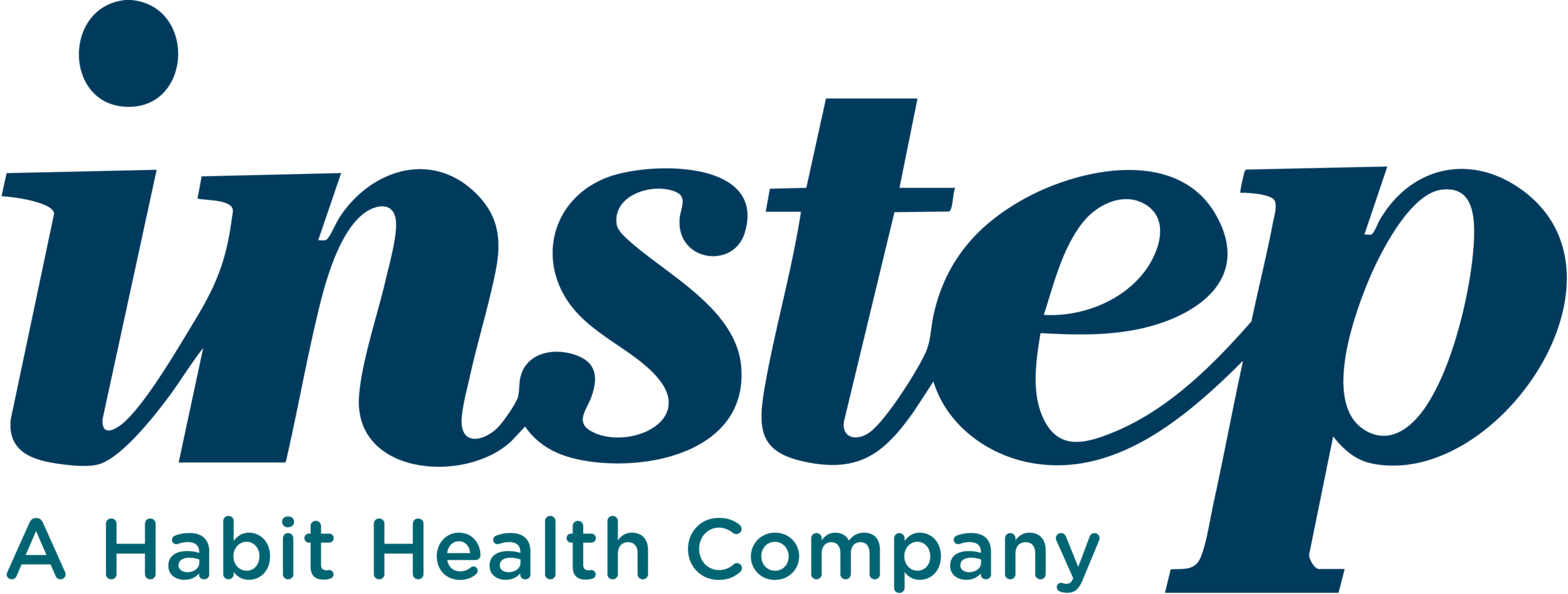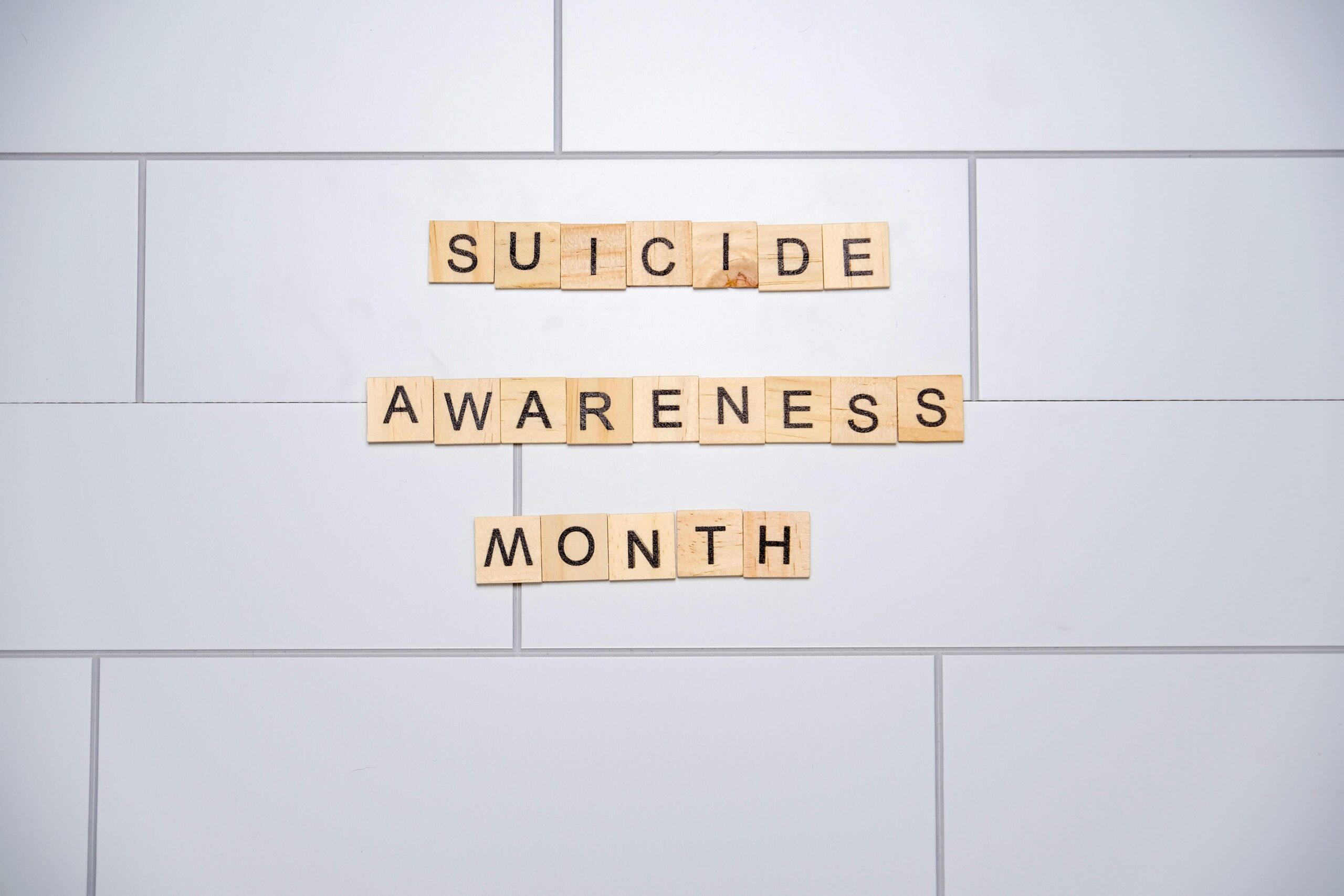Experiencing a natural disaster can be incredibly stressful, leading to a range of mental and physical reactions. It’s important to recognize these stress reactions and know how to manage them effectively. This article provides valuable information and resources to help you and your colleagues cope after a natural disaster.
Recognising Stress Reactions
Following a disaster, you may experience various mental and physical symptoms. These can include:
- Trouble falling asleep or staying asleep
- Sadness, hyperactivity, irritability, or anger
- Feeling numb or having no feelings at all
- Lack of energy or feeling exhausted all the time
- Changes in appetite
- Trouble concentrating or feeling confused
- Feeling tired in social settings
- Headaches, stomach aches, or other body pains
- Misusing alcohol, tobacco, drugs, or prescription medications to cope
If you notice these symptoms in yourself or others, it’s important to take steps to manage them and seek support if needed.
Risk Factors for Severe Stress Reactions
Certain factors can increase the risk of experiencing more severe or longer-lasting stress reactions after a natural disaster. These include:
- Severity of exposure to the disaster
- Support system
- Age
- Pre-existing factors that could complicate recovery
Building Resilience
Most people recover from natural disasters over time, a process known as resilience. Your resilience is influenced by:
- Social and whānau (family) support
- Confidence and belief in your ability to cope
- Tūmanako (hope) for the future
Being connected to others and having confidence in your ability to cope can help prevent many negative long-term effects.
Taking Care of the Four Pillars of Health
People of all cultures and beliefs can benefit from taking care of the four pillars of health:
- Taha Wairua (Spiritual Wellbeing): Nourish your spiritual wellbeing through connections to others and your belief system. Rely on trusted sources of information, especially in the first days following a disaster.
- Taha Hinengaro (Mental and Emotional Wellbeing): Acknowledge that it’s normal to have a range of feelings during recovery. Remind yourself and your whānau that everyone has good days and bad days.
- Taha Tinana (Physical Wellbeing): Take care of your physical health by eating regular meals, resting when you can, and avoiding excessive substance use. If you need help finding a meal or a safe place to rest, contact the Red Cross on 0800 RED CROSS.
- Taha Whānau (Family Wellbeing): Your family can be a crucial source of support. Helping them or allowing them to help you can aid in mutual healing.
Resources and Support
If you need immediate help, call 111. Here are some local resources that can provide support:
- NZ Red Cross: 0800 733 27677
- HUHANZ (Animal Welfare): www.huha.org.nz
- WINZ: 0800 400 100
For counselling support, you can contact:
- Instep: 0800 284 678
- Email: admininstep@admin.nz
- Website: www.instep.nz




